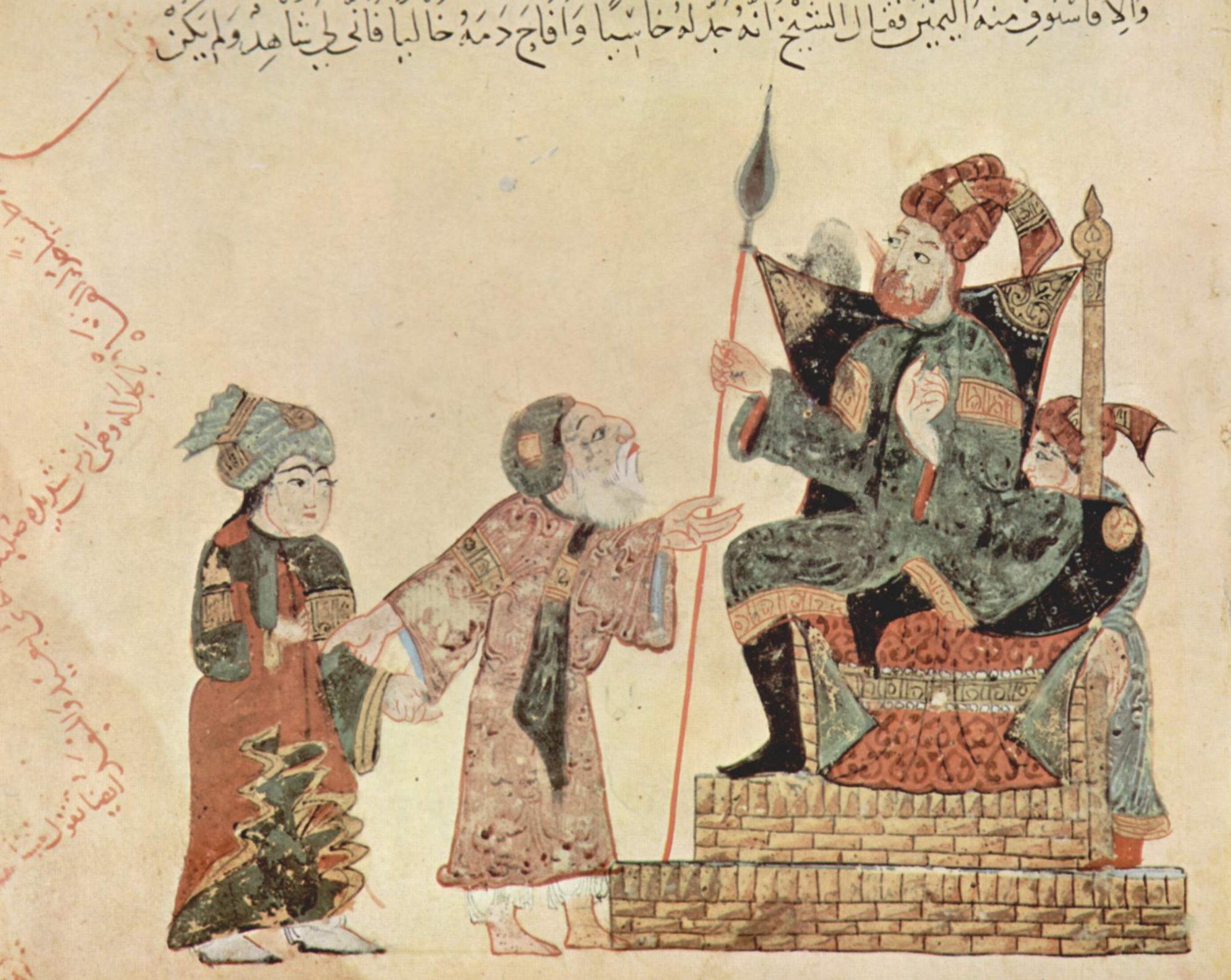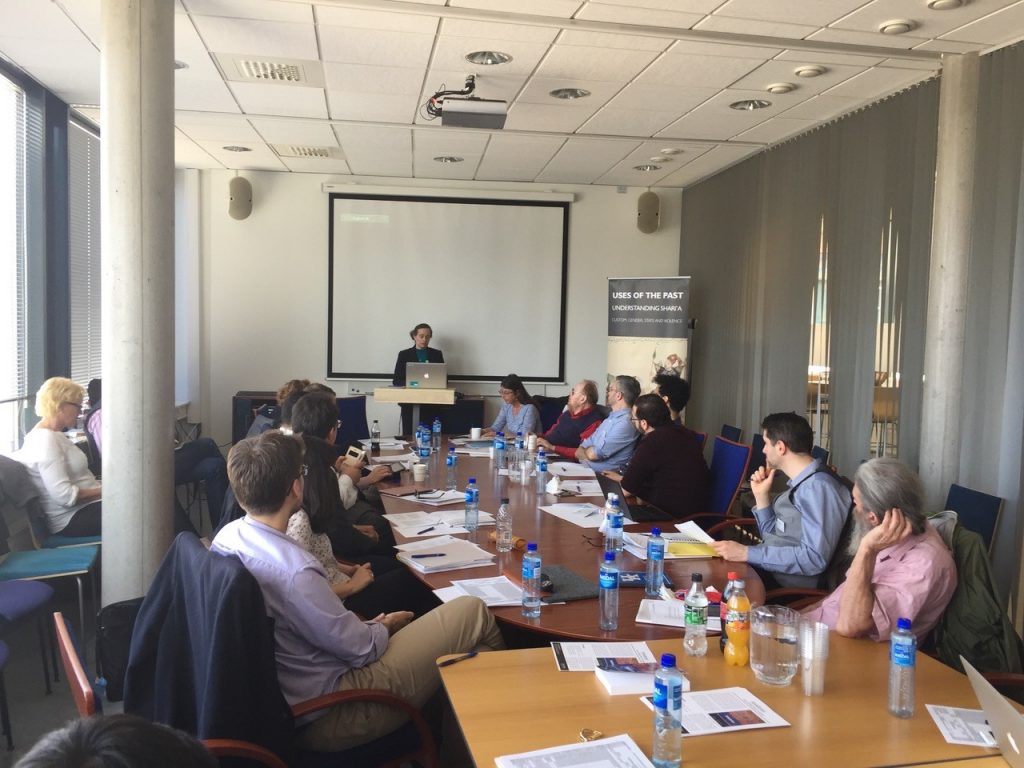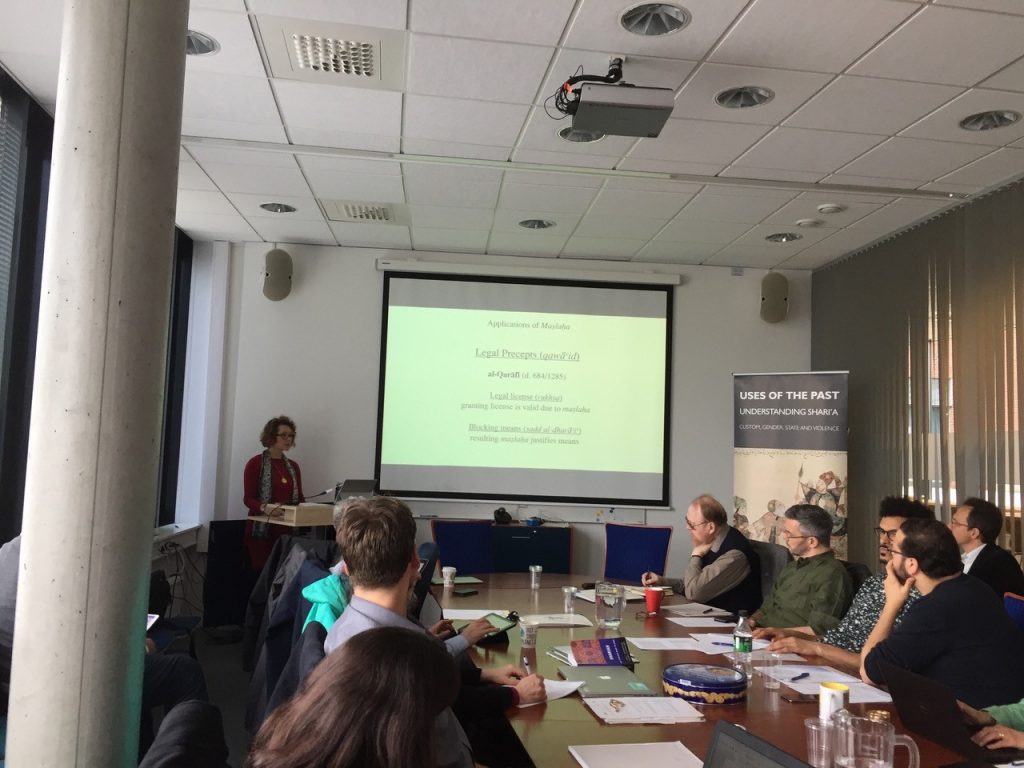All four postdoctoral fellows of the USPPIP project attended the mid-term conference of HERA, held in Vienna. The conference evaluated the developments in individual projects thus far and suggested guidelines to increase the impact for the ongoing researches.
In the following days, we sat together to discuss a collaborative project and we all zoomed into the idea of writing a book together on the uses of the past in the contemporary Sharia discourses. Consequently, we talked about the overall frame and focus of the book, along with its central questions and arguments.
It was a very challenging but exciting exercise to find common threads and themes between our individual researches on violence, gender, custom and governance. The intensive discussions with the historical beauty of Vienna in the background proved to be quite refreshing. We explored different nuances and lacunae through more and more conversations. The spacious and vibrant cafes of Vienna provided a quite friendly and warm ambience for work and we carried out many of our discussions in such cafes, along with restaurants, trams, and buses. I very much enjoyed our continuous conversations outside the usual academic platforms.
The book we have in mind will be unique for its rarest combinations of sources, disciplines, areas, themes of Islamic law together with its fusion of four authors’ ideas and words in each and every sentence.
Eirik Hovden, who had lived in Vienna for four years as a fellow at the Austrian Academy of Sciences, took us through several parts of the city. Through his guidance we could immediately feel at home in this spectacular city. Apart from numerous fascinating monuments, we also visited the magnificent State Hall (Prunksaal) of the National Library of Austria and the Weltmuseum Wien, two most vivid spots of the Austrian imperial extravaganzas of the eighteenth and nineteenth centuries. The city as such is an open visual treat for visitors and there is something or the other that always surprises you from small roadside attractions to monumental churches.
I am very happy that we could start working on this book in such a beautiful atmosphere at the bank of the Danube River where the past of Habsburgs, Ottomans, Communists, Nazis, Soviets, Americans, French and British flows through the veins of its presence in different forms and levels of everyday life.














